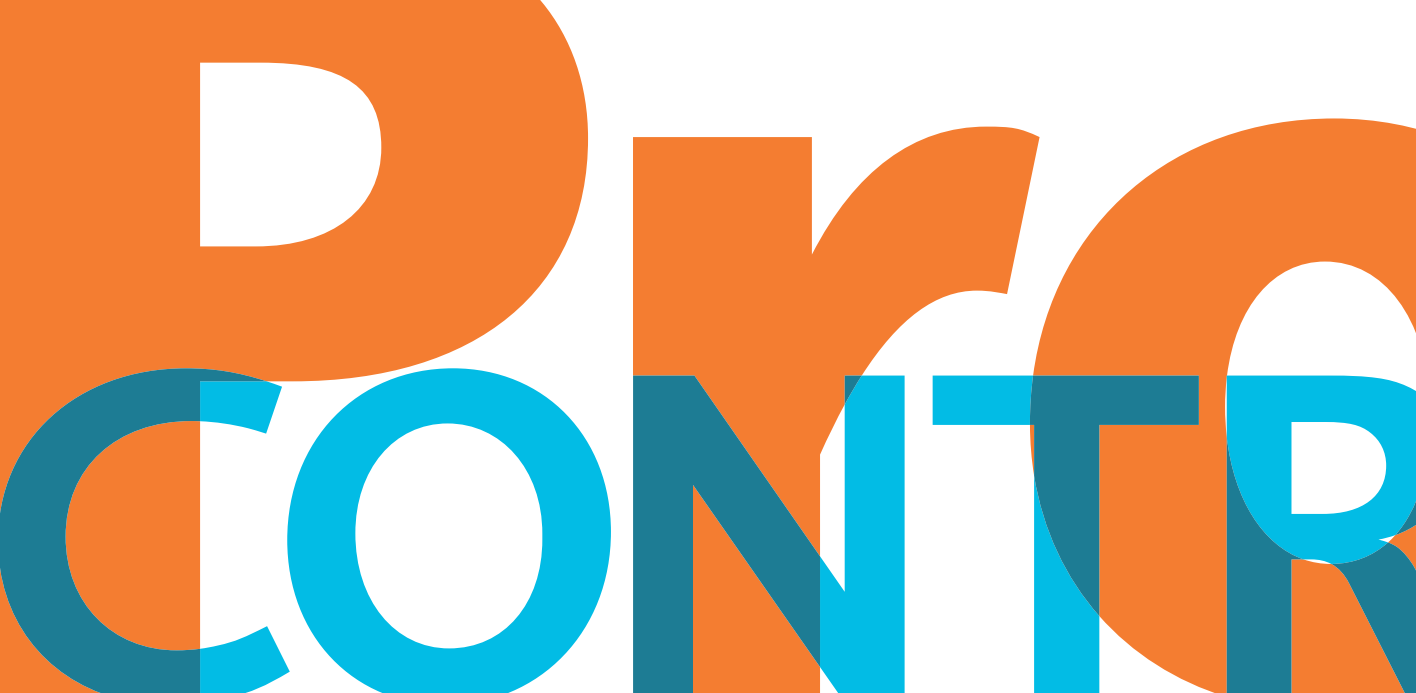
Considering a career in project controls?
What do project controllers do?
Working as part of a mixed team, project controllers use a wide variety of skills, tools and techniques to constructively influence the outcome of a project.
If you think of a project as flying a plane, the project controller is the navigator to the project manager ‘pilot’. A pilot flying a small two-seater doesn’t need a navigator; it’s part of their role. If they’re flying a Boeing 747, though, they’ll need a navigator checking they’re going in the right direction, going fast enough and with enough fuel to get where they need to go. That navigator is the project controller.
The pilot is still in the cockpit flying the plane – but won’t reach the destination successfully without the navigator.
What is project controls?
Fundamentally, the project controller supports large and mega-scale projects by providing the answers – and proactive solutions – to four fundamental questions that project stakeholders will ask of the project manager once the project is in its delivery phase:
- Where are we?
- What has it cost to get here?
- Where are we going?
- How can we correct any problems?
As project professionals will tell you: “Project controls is needed on every project; it’s part and parcel of a project manager’s role. What marks out good project controllers is a way of thinking and looking at the world – about questioning how things work and wanting to know why it works that way. This curiosity, rather than a particular education or career background, is what really sets people apart.”
What skills, tools and techniques do I need to work in project controls?
The job description for a dedicated role in project controls can take many varied forms, but professionals working in this area will typically use an established range of skills, tools and techniques. APM has developed some core competences that are effective for project professionals managing all aspects of projects, and can provide support in mastering these.
Although not every project controls professional will use every element in their role or on every project or change initiative they work on, those that are particularly relevant to people working in project controls include:
- Analysis and reporting - Analysing and reporting data to develop a complete and accurate picture that will inform decisions regarding the management, quality and control of projects.
- Performance management - Identifying, agreeing and implementing appropriate performance management techniques for the project. This includes identifying trends and deviations from the original plan and recommending appropriate corrective actions.
- Baseline management - Developing, setting and managing baseline(s) – the process of managing the reference levels against which a project is monitored and controlled.
- Schedule control - Identifying, applying and evaluating schedule control techniques, which support the management of progress against a timetable and consider factors such as limited resources and estimating uncertainty.
- Cost control - Identifying, applying and evaluating cost control techniques to support the monitoring, managing and reporting of costs.
- Quality control - Identifying, applying and evaluating quality control techniques to support the monitoring and managing of quality.
- Risk control - Identifying, applying and evaluating risk control techniques to inform the risk management process.
- Change control - Establishing protocols to alter the scope of a project, implementing the protocols when necessary and updating configuration documentation including contracts to develop, maintain and apply quality management processes for the ongoing project or change initiative.
Why work in project controls?
Project controls provides wonderful opportunities to help deliver amazing projects as an integral part of a multi-discipline team. Project controllers come from all walks of life. You’ll find project controls team members who were previously in other project management roles, colleagues who perhaps started out in civil engineering, construction, architecture or even marketing. There are many different routes to joining what is often a multi-disciplined team, providing opportunities to diverse talents who together will help deliver exciting projects.
With multiple routes into the profession and a multitude of tasks making up the project controller’s day job, there’s no ‘one-size-fits-all’ career path through project controls. One of the best things about being a project controls professional is the opportunity to work on exciting projects that make a difference to the lives of many people. Whether the project is large or small, specialist or ‘everyday’, it is always rewarding to be able to apply project controls knowledge in all these environments with equally impressive outcomes.
To find out more about what a project controls position entails, read our three real-life profiles below.
How do I get started in project controls?
There are many ways to start building a career in project controls and gain experience in the skills, tools and techniques that you’ll need. The information on these pages will help. Many people – whatever their background – start off in a junior role with a project controls team and work their way up, while others move across from more traditional project management roles where they have gained experience in project controls.
How can APM help develop my career in project controls?
As the chartered body for the project profession, APM provides a multitude of support that can help you develop your career in project controls. Project controllers participate in numerous APM activities, from membership of Interest Networks to networking at events.
APM and its members recognise that project controls is an important part of delivering a project, and it’s an increasingly emerging area. APM is one of the few organisations looking at project delivery no matter what you’re trying to deliver. Whatever you’re working on and in, it gives you a chance to learn and gain a bit of diversity.




